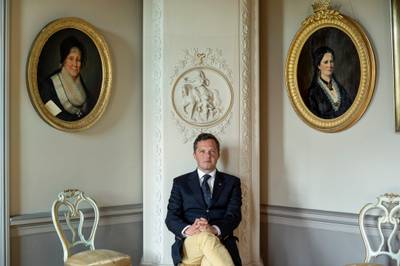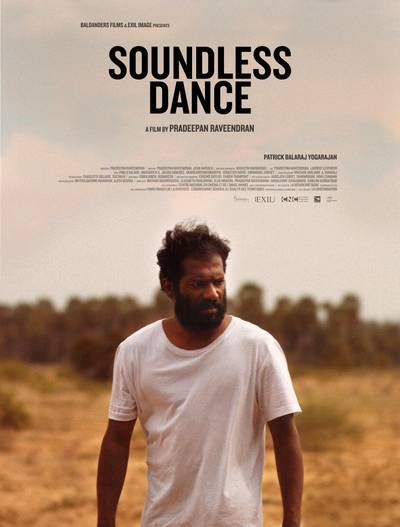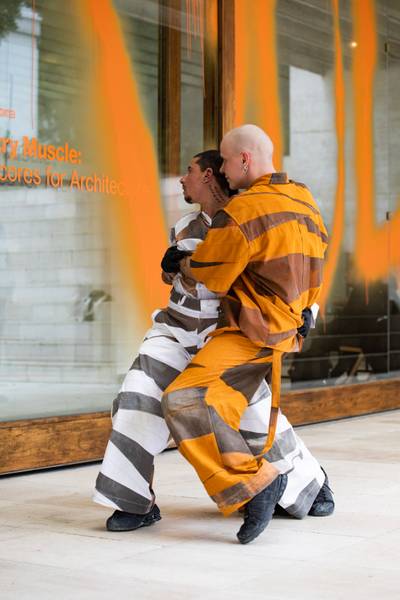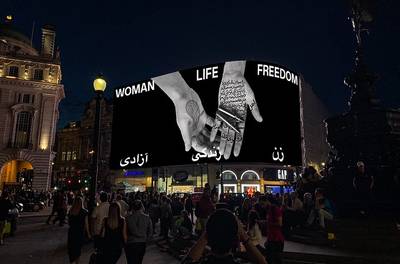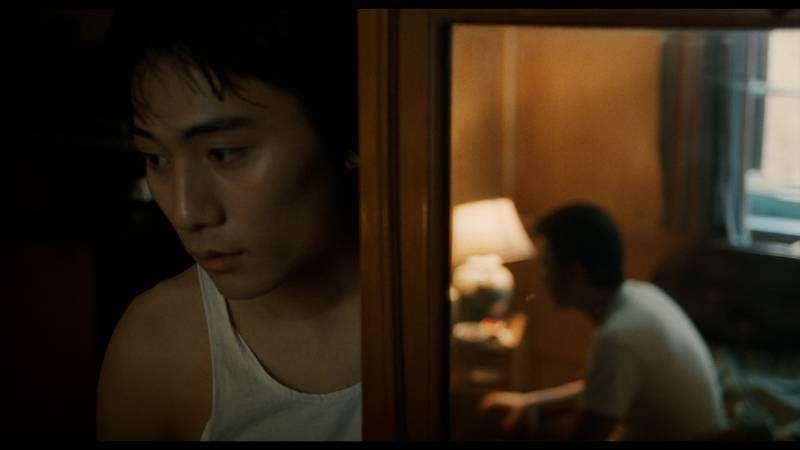

Yilin Ma is a free writer focusing on queer Asian diaspora experiences through film, visual culture and literacy. Currently they are getting an MA in Art History at the University of Helsinki.
Lan Yu | Directed by Stanley Kwan | Duration: 86 minutes | Language: Chinese
Lan Yu (2001) is a story about a melodramatic love affair between an architecture student, Lan Yu, and a wealthy businessman, Han Dong. They keep on finding each other throughout the years till time runs out. Originally rooted in an e-novel published anonymously in 1998, the story has different names, such as: Someone likes Lan, Beijing Gushi, and Beijing Comrades. The history of the e-novel has a bundle of alternative storylines and speculations of the original author — somehow the story lived through and is known as one of the earliest contemporary gay novels in mainland China.
The film follows the original storyline with a focus on Han Dong as the narrator. Kwan focuses on the intimacy between the lovers, creating a world of their own where other people and life events seem like disruptions to the affair. They find each other for months to years, but always with an ending. The film was shot in Beijing without permits and has no license to be shown in China due to the politically sensitive backdrop of the story and the sex scenes.
Through Kwan’s lenses Beijing is a hazy and elusive urban city, where Han Dong’s self-awareness is a sum of success and blocks of misrecognition. Where Han Dong is cruel, Lan Yu is understanding; the lovers work as opposite attractions to each other. When talking about death in their luxurious apartment, Han Dong says there’s nothing after death, which prompts Lan Yu to say the memory of the person will always be there. Affection is showered through money by Han Dong. He buys expensive western clothing for Lan Yu and gives him enough money to make his dream of studying in America attainable, only to find that Lan Yu leaves the clothes unused and saves all the money to bail Han Dong out of jail for a corrupt business scheme.
In his article “From Identity to Social Protest: The Cultural Politics of Beijing Comrades on the English Translation of the Novel Beijing Comrades (2016),” Petrus Liu, modern Chinese and comparative queer literature researcher, writes how the story portrays love and money as diametrically opposed goals in life. Lan Yu symbolizes wavering devotion and Han Dong’s worldly mercantilism. The story romanticizes the conceptual dichotomy between love and money, with Lan Yu as the affectionate, emotional person with values and no interest in monetary gain, whereas Han Dong is a complicated ensemble of business and expectations, used to solving every problem with money. When Han Dong leaves Lan Yu to get married to a successful woman, he seems to be marrying a status rather than a lover.
The separation between love and money is apparent in Lan Yu. Liu writes how the sudden collapse of Han Dong’s business represents the volatility of material wealth and criticizes the post-socialist economy. As Han Dong’s business collapses, his core values change; he is quite literally saved by Lan Yu, who symbolizes love in this quotation. Liu suggests that Lan Yu’s death can be seen as the fragility of love and the anguish of missed opportunities. To follow melodramatic storylines, Lan Yu’s death shouldn’t come as a surprise; one more story to be added to the stereotypical doomed queer love story that makes the viewer wonder if the story is made for a straight audience or a queer audience.
As stereotypical as the plot is, sexuality itself is never shown as the main problem in the struggle. Inner self and societal pressure seem to be the core of the drama’s revolting themes, which can mainly be seen from Han Dong’s struggle to let go of his beliefs in what a man should do in society. He doesn’t make malicious comments to hide his own sexuality, but rather seems to come to terms with it after losing his wealth and, with that, his ego. Han Dong’s voice is so loud and complex, it puts Lan Yu on the other side of the spectrum once again-he’s almost a non-identity, rather than a gay identity.
The story is set in the time of globalization, when China opened up to the West. We can see it in the way Han Dong does business in dollars, smokes imported cigars and lives in an area named "North Europe’’. Lan Yu works for a Japanese company and is preparing to go and study in the US. Their identities are a synthesis of their cultural transmissions, differing from their sexuality, gender, and class. The core narrative of the film adopts these differences as elements where their story lies.
We can see bits and pieces of Lan Yu when Han Dong meets him again and again. From a broke college student to working at an architecture firm, his growth is shown through achievements rather than personality; he is affectionate and ever so approving of Han Dong, regardless of the latter’s values. Through Han Dong’s view, we can see how he admires Lan Yu’s beliefs and the way he lives life true to himself, shrugging off the seemingly societal weight that Han Dong carries on his shoulders. In a way, Han Dong aspires to be like Lan Yu and finds the courage to be so when it’s too late.
Lan Yu’s sincere love has continued to live on its own. Avant-garde poet Mu Cao has published a book with a title named after Lan Yu’s destiny, Cry of a Hundred Lan Yus, which can be interpreted from the story’s context as a queer body doomed in love.
Kwan’s interpretation of the film is fragmented and throws the audience to different timelines in the future. It captures the intimacy of Lan Yu and Han Dong in private moments, and everything left unsaid can be found in the ending song of the film. Huang Pin-Yuan’s song 你怎麼捨得我難過 (How Can You Allow Me to Be in Sorrow?" plays after the final scene of Han Dong stopping by the place where Lan Yu died. We can see the camera panning out from Han Dong’s driving to the endless blocks of buildings sliding by as he drives. Scenes of Beijing feel like they are running away and we are trying to catch up, much like Han Dong’s feelings towards Lan Yu. The affective effect of the ending song wraps the film in its melancholic hues of gray and yearning.
